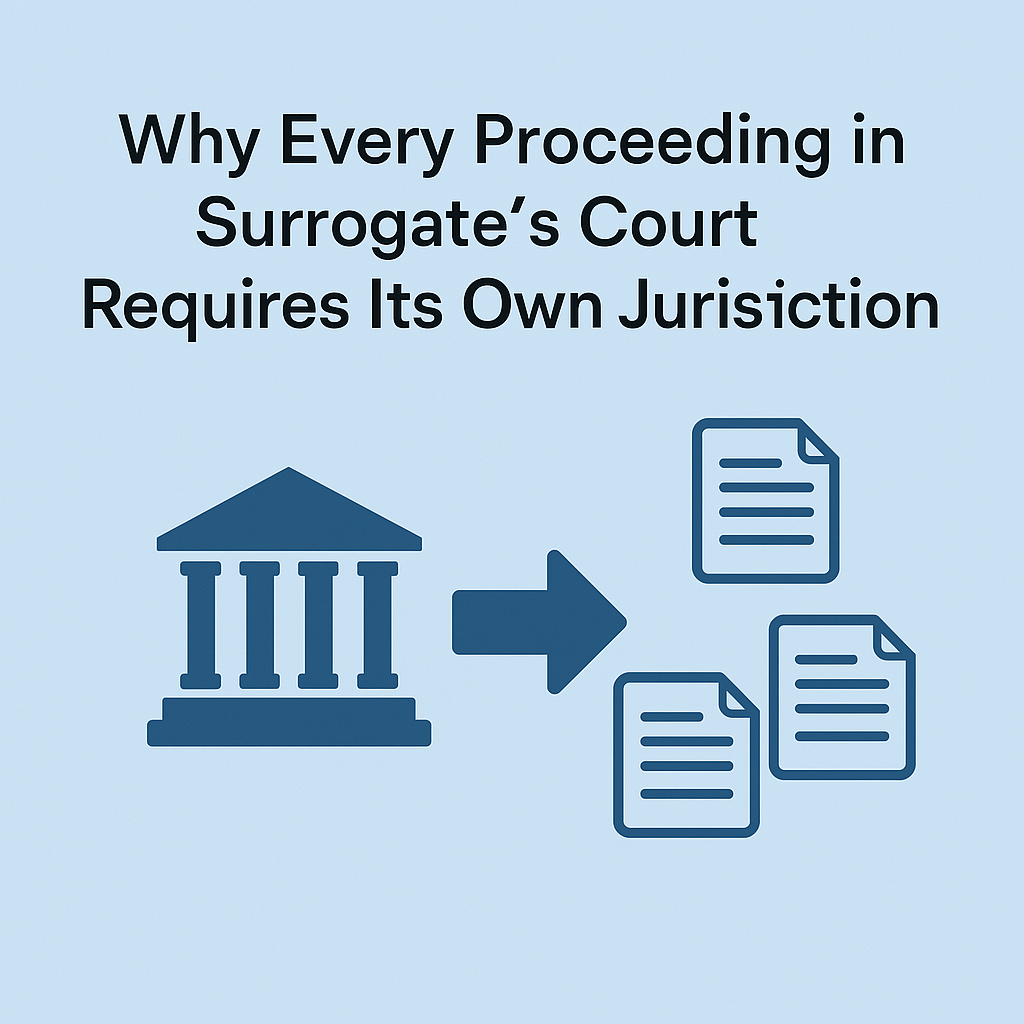In Matter of Elliott (2025 NY Slip Op 01093), the Appellate Division, addressed a dispute over estate administration and adverse possession, Second Department, underscoring the high burden of proof required to claim ownership of real property without formal title. The case, decided on February 26, 2025, highlights the legal complexities that arise when long-term occupants assert property rights against an estate’s final accounting.
Background of the Case
Louise Elliott passed away in June 2000, leaving behind six children and a piece of real property in Ozone Park. Following her death, her daughter Annette Adams' son and daughter-in-law moved into the property in 2001. Fast forward to February 2020, Lois M. Rosenblatt, the Public Administrator of Queens County, was appointed to administer Elliott's estate. By 2021, the property was sold, and the occupants vacated.
The Legal Dispute
The crux of the dispute arose when the public administrator petitioned for the judicial settlement of the estate's final account. The objectants, who had been living in the property, filed objections claiming they had acquired ownership through adverse possession.
Adverse possession is a legal doctrine that allows a person to claim ownership of land under certain conditions, including continuous and exclusive possession for a statutory period, which in New York is ten years:
"To establish a claim of title to real property by adverse possession, a party must prove, by clear and convincing evidence, that the possession was (1) hostile and under claim of right, (2) actual, (3) open and notorious, (4) exclusive, and (5) continuous for the statutory period of 10 years" (Diaz v Mai Jin Yang 672, 673; , 148 AD3d see Estate of Becker v Murtagh, 19 NY3d 75, 81; Walling v Przybylo, 7 NY3d 228, 232).
Court's Decision
The Surrogate's Court, Queens County, initially granted summary judgment in favor of the public administrator, dismissing the objections. The objectants' cross-motion for summary judgment was denied.
The Appellate Division affirmed this decision, emphasizing that the objectants failed to meet the stringent requirements for adverse possession. Specifically, they could not prove their possession was hostile:
Here, the public administrator's submissions were sufficient to establish, prima facie, among other things, that the objectants' use of the subject property was not hostile and under a claim of right (see Deutsche Bank Natl. Trust Co. v Nachimovsky, 188 AD3d 811, 812; Fini v Marini, 164 AD3d 1218, 1220; Diaz v Mai Jin Yang, 148 AD3d at 674). In opposition, the objectants failed to raise a triable issue of fact.
This case underscores the high burden of proof required to establish adverse possession. Claimants must provide clear and convincing evidence of all necessary elements.
Hani Sarji
New York lawyer who cares about people, is fascinated by technology, and is writing his next book, Estate of Confusion: New York.


Leave a Comment